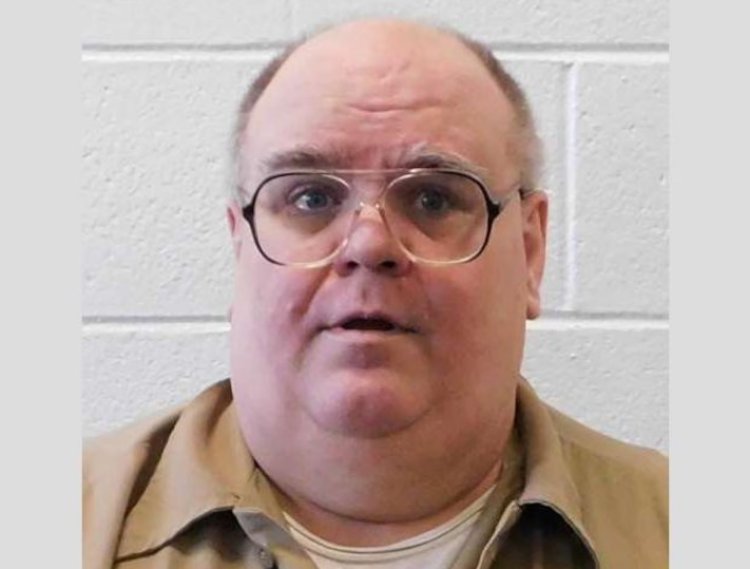Death Row Inmate Alan Miller Reaches Confidential Settlement with Alabama Prisons Ahead of Nitrogen Gas Execution
An Alabama death row inmate set to be executed next month by nitrogen hypoxia has reached a settlement with the state prison system.

An Alabama death row inmate set to be executed next month by nitrogen hypoxia has reached a settlement with the state prison system.
Alan Miller, 59, is scheduled to be executed on September 26 at the William C. Holman Correctional Facility in Atmore, the only facility in the state with an execution chamber and where most death row inmates are housed.
On Monday, Miller’s lawyers announced they had entered into a "confidential settlement agreement" with the Alabama Department of Corrections and other state officials.
If carried out, Miller’s execution would be only the second in the country using nitrogen hypoxia. The first occurred in Alabama when Kenneth Smith was executed in January.
A prison spokesperson confirmed to AL.com that the execution is still set for next month. “Everything is still set to proceed barring any additional legal barriers,” said Kelly Betts.
Alabama Attorney General Steve Marshall commented on the settlement Monday afternoon.
“The resolution of this case confirms that Alabama’s nitrogen hypoxia system is reliable and humane,” Marshall said. “Miller’s complaint was based on media speculation that Kenneth Smith suffered cruel and unusual punishment in the January 2024 execution, but what the State demonstrated to Miller’s legal team undermined that false narrative. Miller’s execution will go forward as planned in September.”
Controversy followed Smith’s execution, as he exhibited thrashing and seizure-like movements before losing consciousness. State officials claimed Smith held his breath initially, delaying the nitrogen intake.
Miller’s lawyers argued that the state provided no proof for their claims and relied solely on the testimony of a witness who recalled Smith’s oxygen levels nearly seven months after the execution. They noted that the execution team captain did not record the oxygen levels or mention them on the night of the execution, and evidence suggested the witness could not see the levels from his position.
In a deposition this summer, Miller stated he has no intention of holding his breath or resisting his execution but expressed concern over the state’s ability to secure his gas mask properly due to perceived incompetence. “I don’t think ya’ll know what you’re doing,” Miller told a state attorney during the deposition. “And these guys can’t even open a cell door sometimes. They’re keystone cops is basically what they are.”
Miller’s attorneys have previously stated in federal court filings that the Alabama Attorney General’s office and its deputy, James Houts, are responsible for training the execution team on nitrogen hypoxia procedures.
Miller indicated he is willing to have the gas mask fitted before his execution if it is done by a doctor, medical professional, or third party appointed by a federal judge.
The settlement agreement was reached one day before a scheduled in-person court hearing at the downtown Montgomery federal courthouse.







